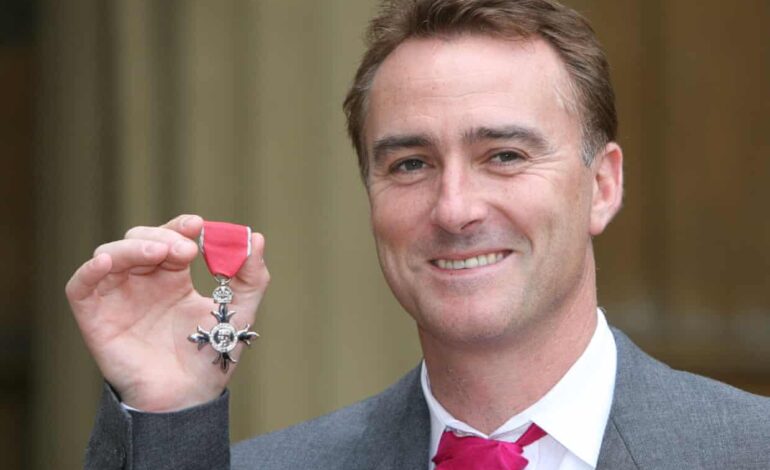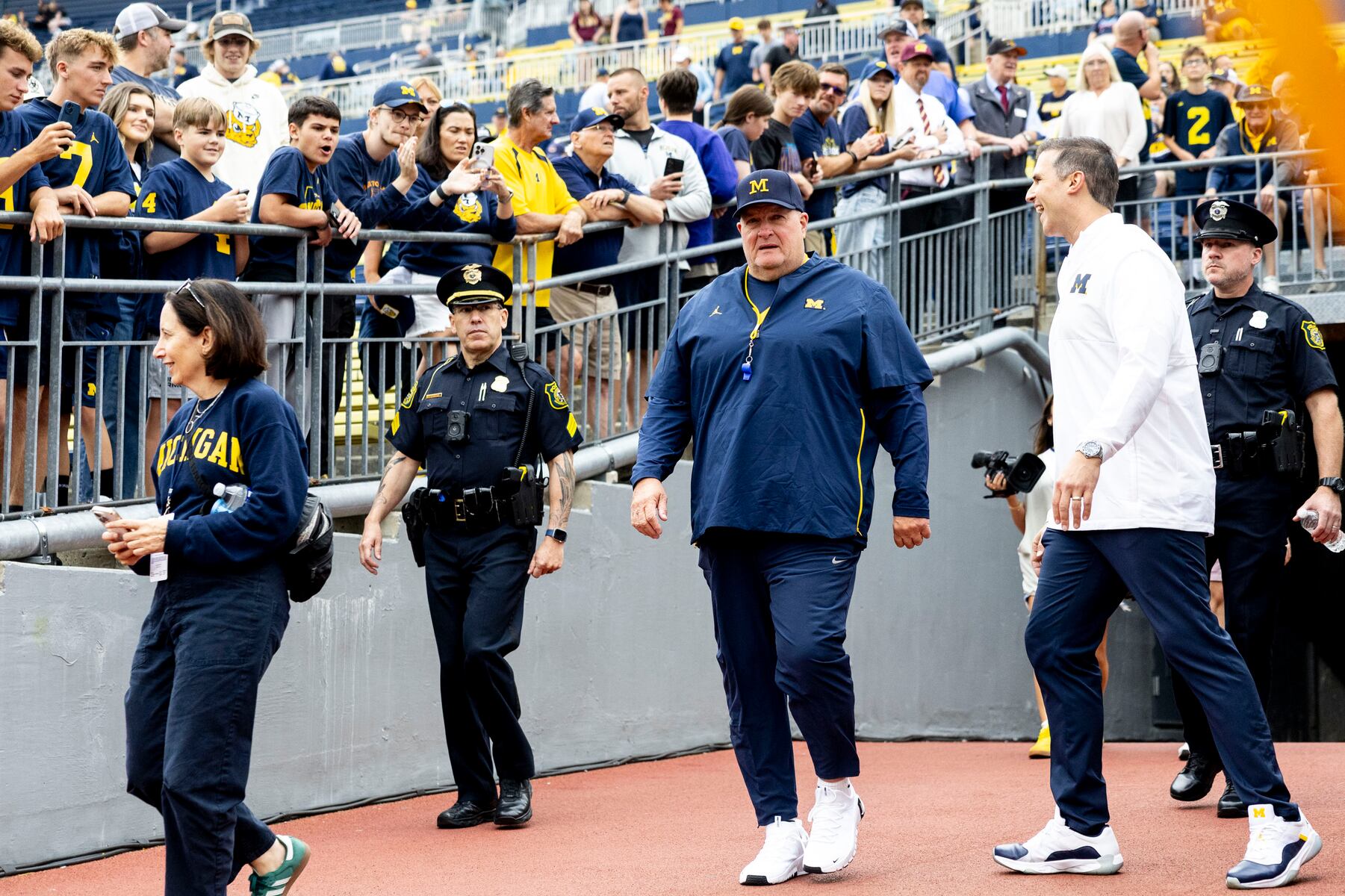Coroner Identifies Care Failings in Graham Thorpe’s Last Months

A coroner has concluded that there were significant failings in the care provided to former England cricketer Graham Thorpe in the months leading up to his death. Thorpe, aged 55, died on 4 August 2024, after being struck by a train at a railway station in Surrey. The inquest recorded a conclusion of suicide, highlighting the mental health struggles Thorpe faced after losing his job as a batting coach in 2022.
During the inquest at Surrey coroner’s court, it was revealed that Thorpe had “spiralled into depression” following his job loss, attempting suicide on at least one previous occasion. Evidence presented included testimony from Thorpe’s wife, Amanda Thorpe, who reported that her husband had asked her for assistance in ending his life.
Coroner Jonathan Stevens stated that the last time Thorpe was seen in person by healthcare professionals was on 26 March 2024. Stevens remarked, “In my judgment, there were shortcomings in the care that should have been provided to Graham in the last four months or so of his life.” He emphasized that while there were failings in the provision of care, the evidence did not support the conclusion that these were gross failings or that they directly caused Thorpe’s death.
The coroner pointed out that healthcare appointments were made available to Thorpe, but he struggled to attend due to his deteriorating mental health. Stevens noted, “Someone should have gone to see him to properly monitor and assess him, to do a face-to-face risk assessment and understand and address his care needs as required by the care plan.” This observation reflects a critical aspect of Thorpe’s situation—his lack of direct contact with health services during a vulnerable period.
On 28 June, Thorpe missed an appointment with the community mental health team. During a phone consultation, Amanda informed his care coordinator that Thorpe was expressing suicidal thoughts. Despite Thorpe communicating feelings of hopelessness, the healthcare professionals did not consider him to be in a crisis.
Stevens stated, “I don’t accept that when Graham was constantly asking his wife to help him end his life… that he was not at that point in crisis.” He acknowledged the shortcomings in Thorpe’s care, suggesting that had he received appropriate attention, the outcome might have been different. In May 2023, Thorpe had been hospitalized due to suicidal thoughts, and Stevens indicated that similar protective measures should have been considered again in June 2024.
An investigation has been launched by the Surrey and Borders Partnership NHS Trust following Thorpe’s death. Thorpe’s legacy as a cricketer is notable; he was a key player for the England men’s cricket team from 1993 to 2005 and served as a coach for 12 years. He scored 16 Test centuries, including a debut hundred against Australia in 1993, and represented his country in a total of 182 matches across all formats.
Amanda Thorpe described her husband’s job termination with the England and Wales Cricket Board as a “real shock” that marked the beginning of his mental health decline. Outside the coroner’s court, she expressed her profound loss, stating, “We will never get over the tragic loss of Graham, and we miss him every day. He was my best friend, my soulmate, and he was just a joy. And he loved life – but he got very ill.”
Legal representative Mark McGhee highlighted the coroner’s findings of “significant shortcomings” in the care provided to Thorpe. The family hopes that these concerns will lead to improvements in mental health services to prevent similar tragedies in the future.
In response to the inquest, Jo Lynch, the chief nursing officer for the Surrey and Borders Partnership NHS Trust, expressed condolences, stating, “We are deeply saddened by the tragic death of Graham Thorpe and our thoughts are with Graham’s family and loved ones. We will reflect on the coroner’s findings and our role in Graham’s care with a view to continuous improvement and learning.”
Support services for those in crisis are available. In the UK and Ireland, individuals can contact Samaritans at freephone 116 123 or via email. In the United States, the National Suicide Prevention Lifeline can be reached at 988. Australians can access Lifeline at 13 11 14, and additional international resources are available at befrienders.org.






